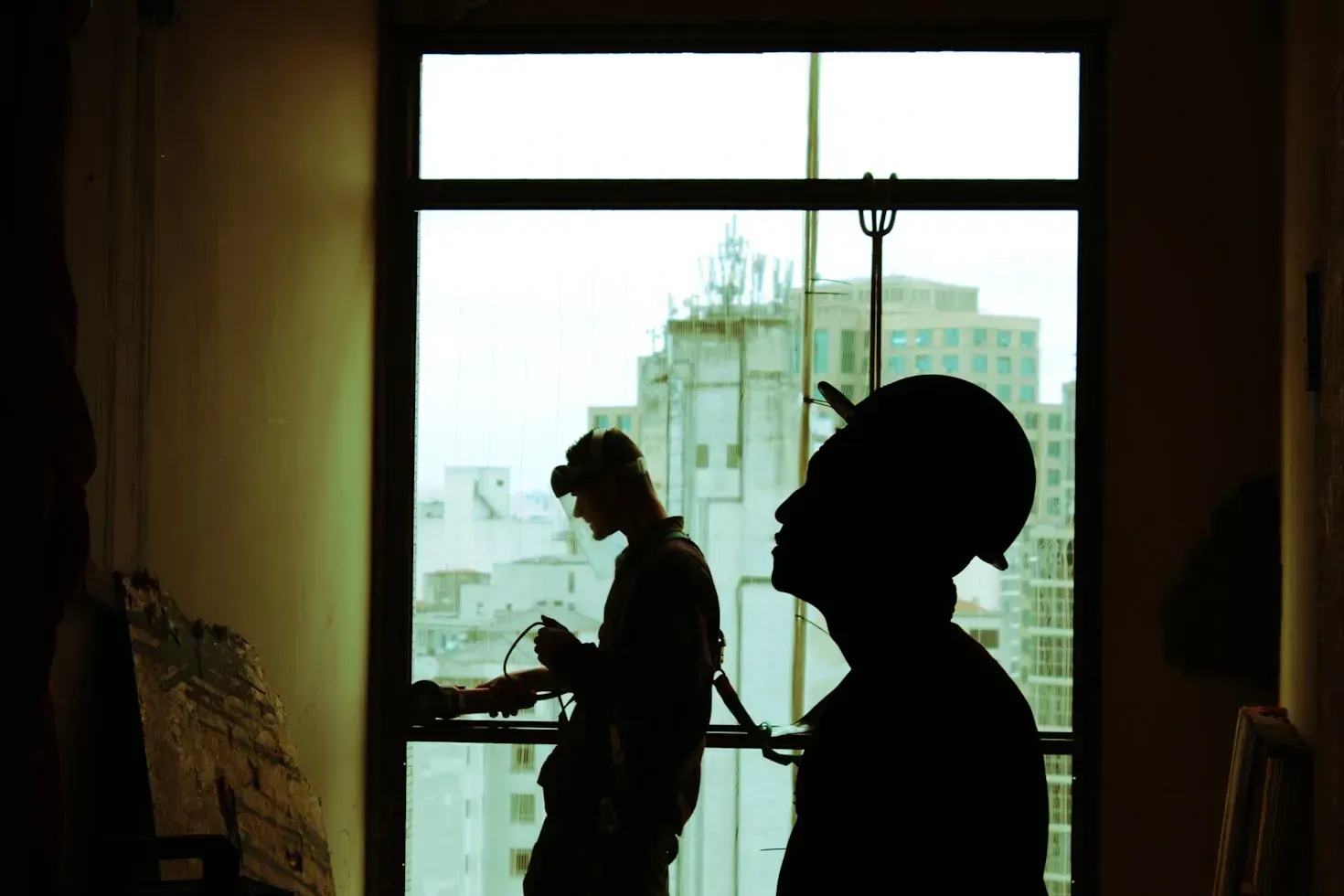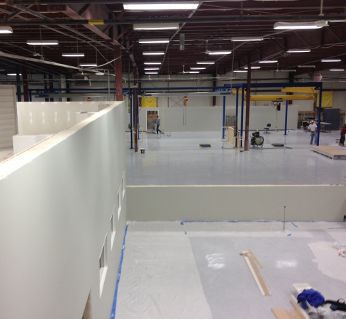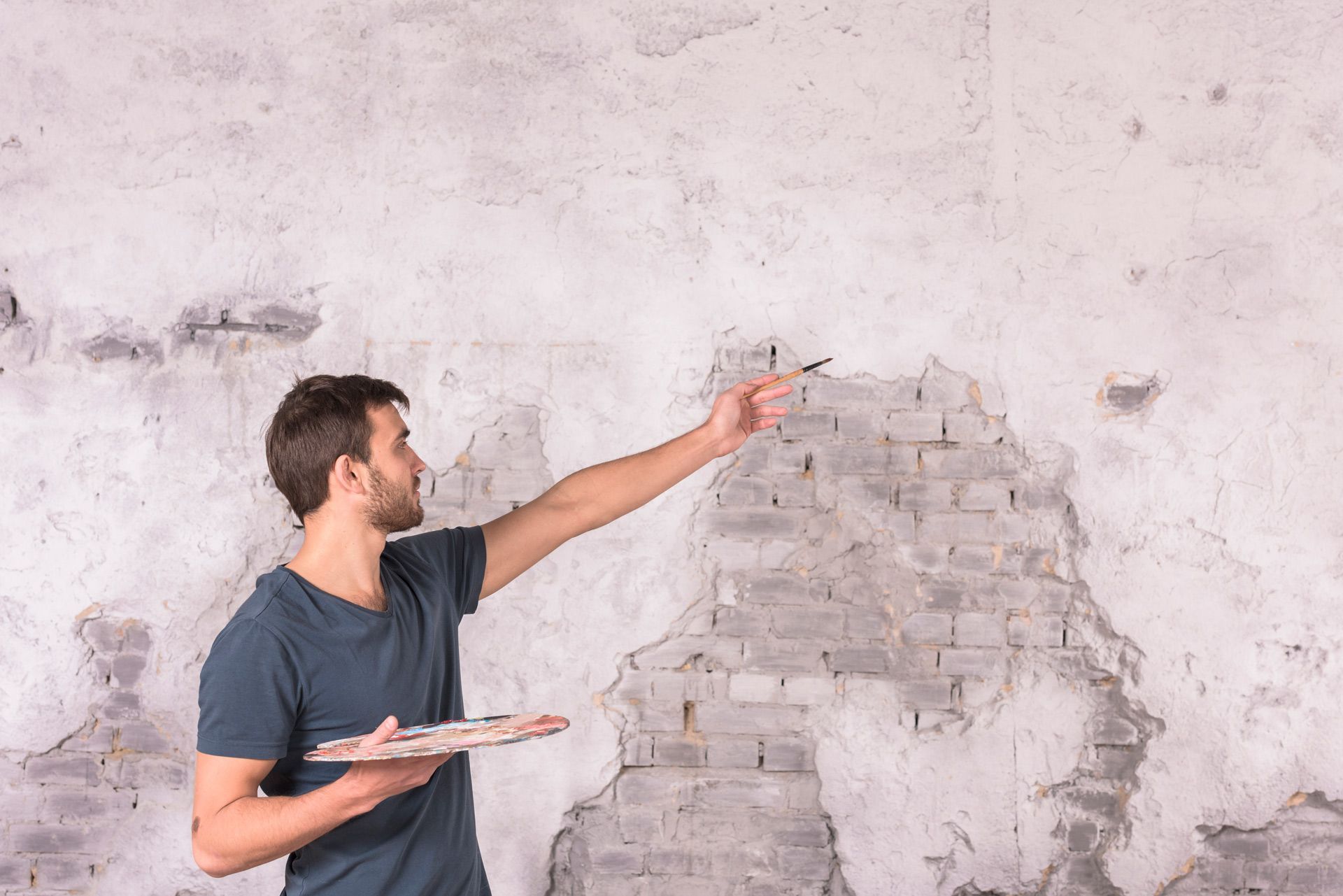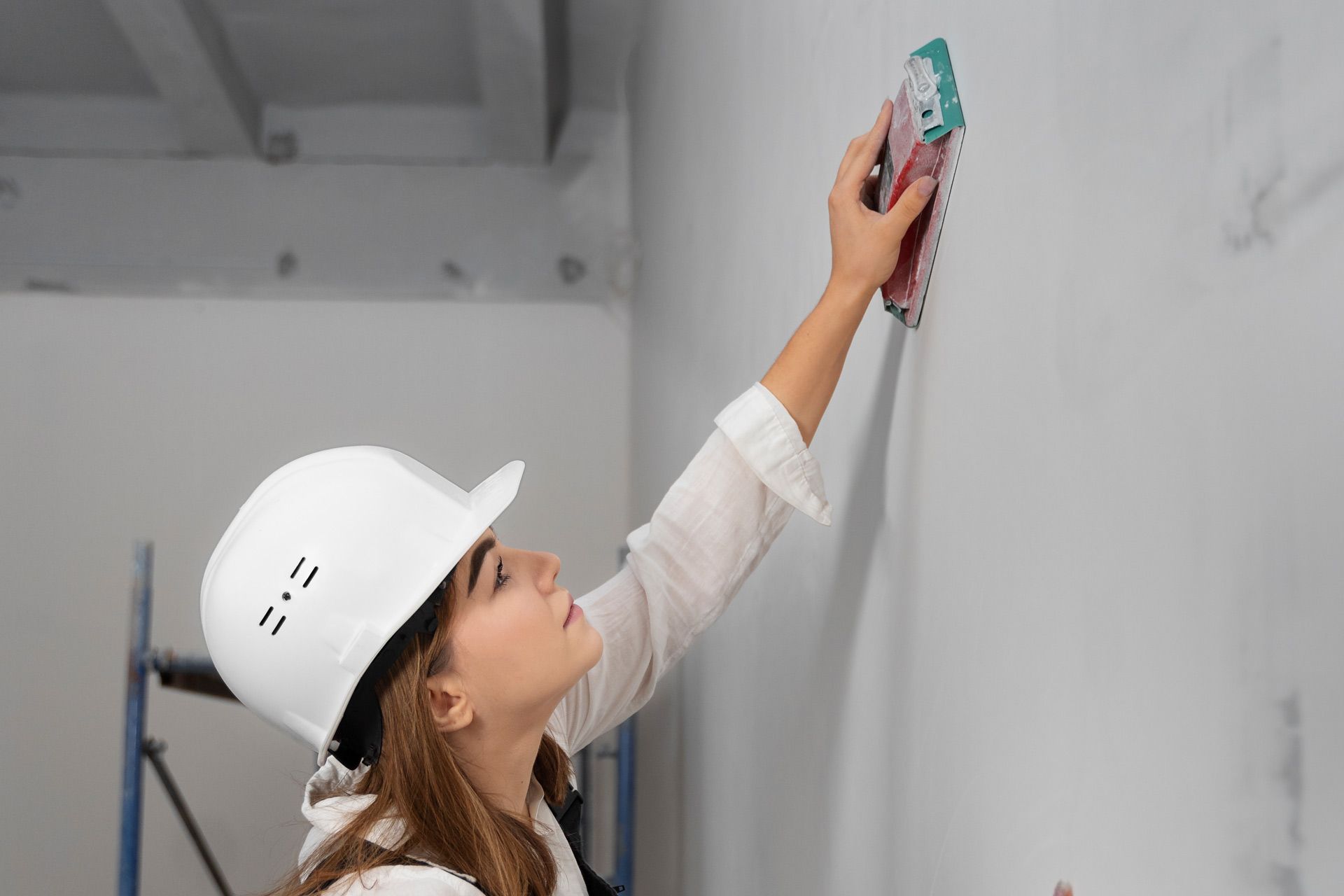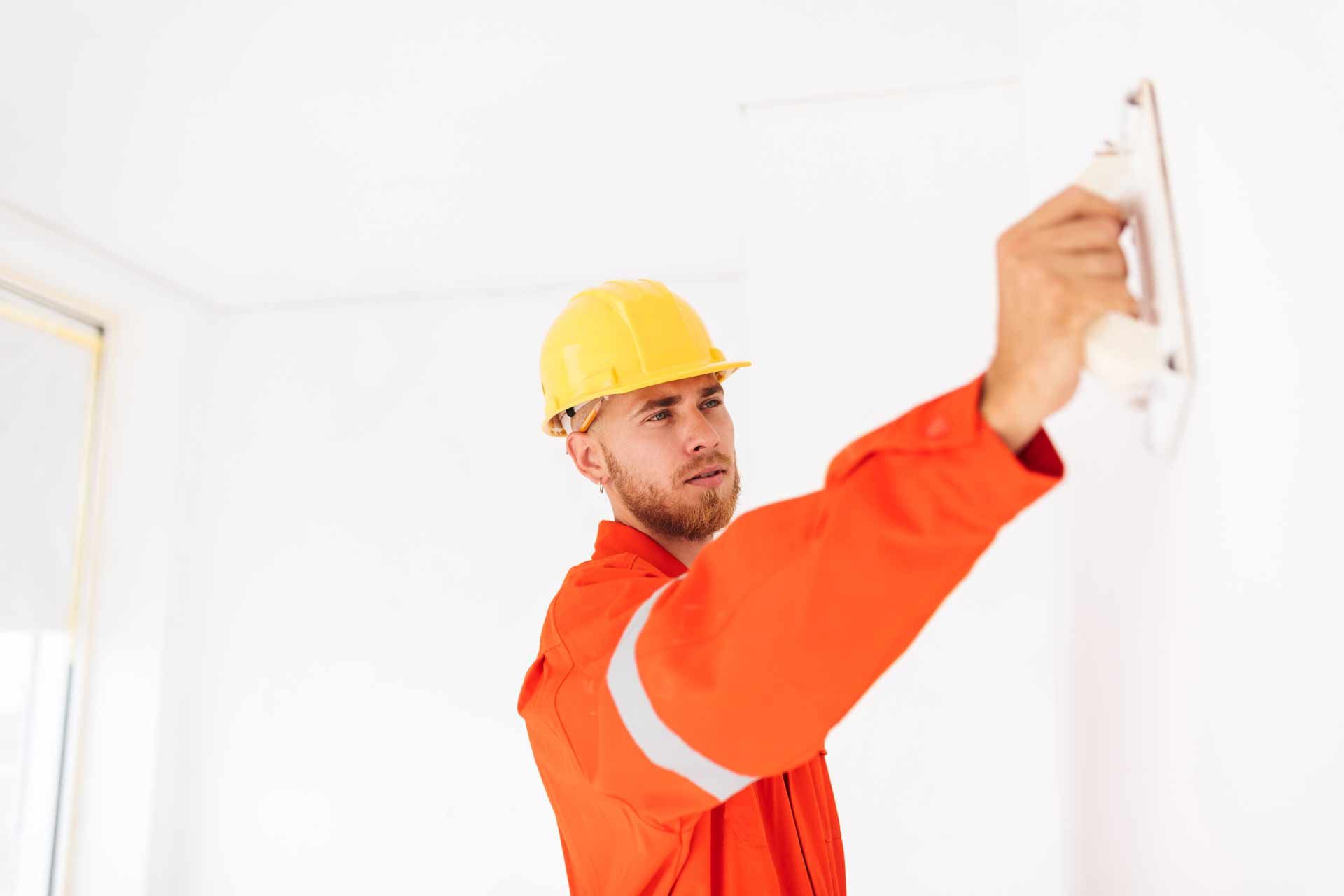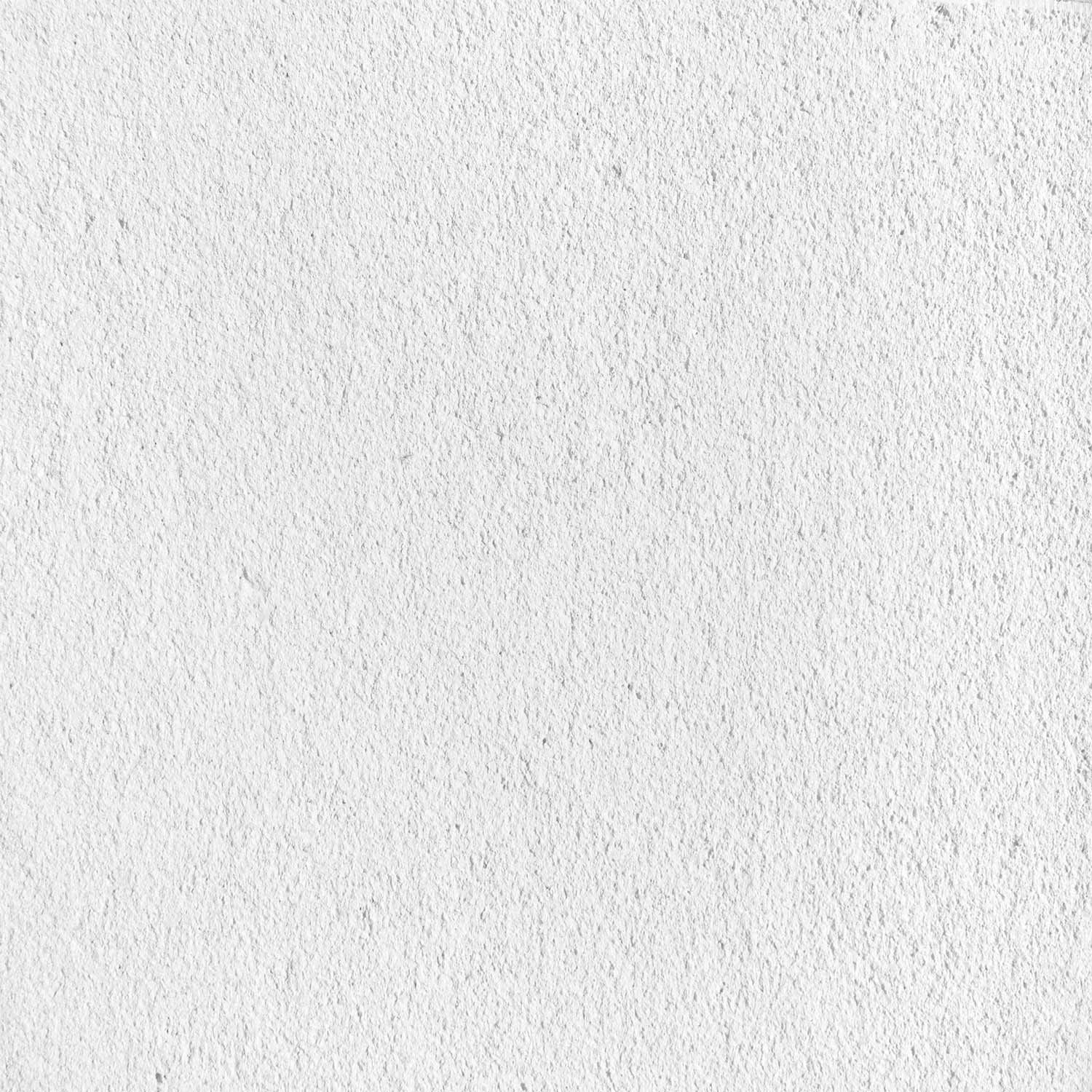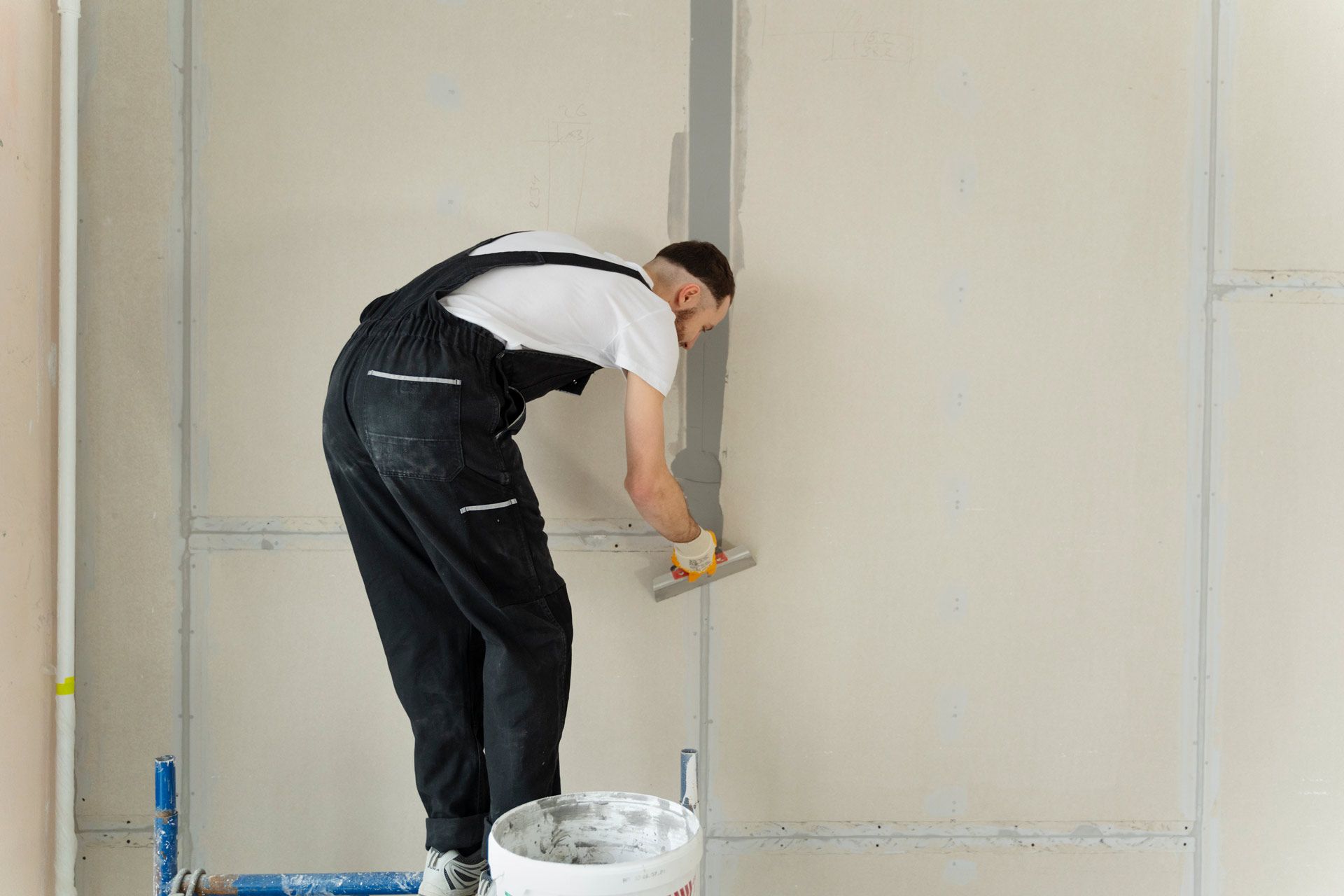How Much Does Drywall Installation Cost in 2025?
February 24, 2025
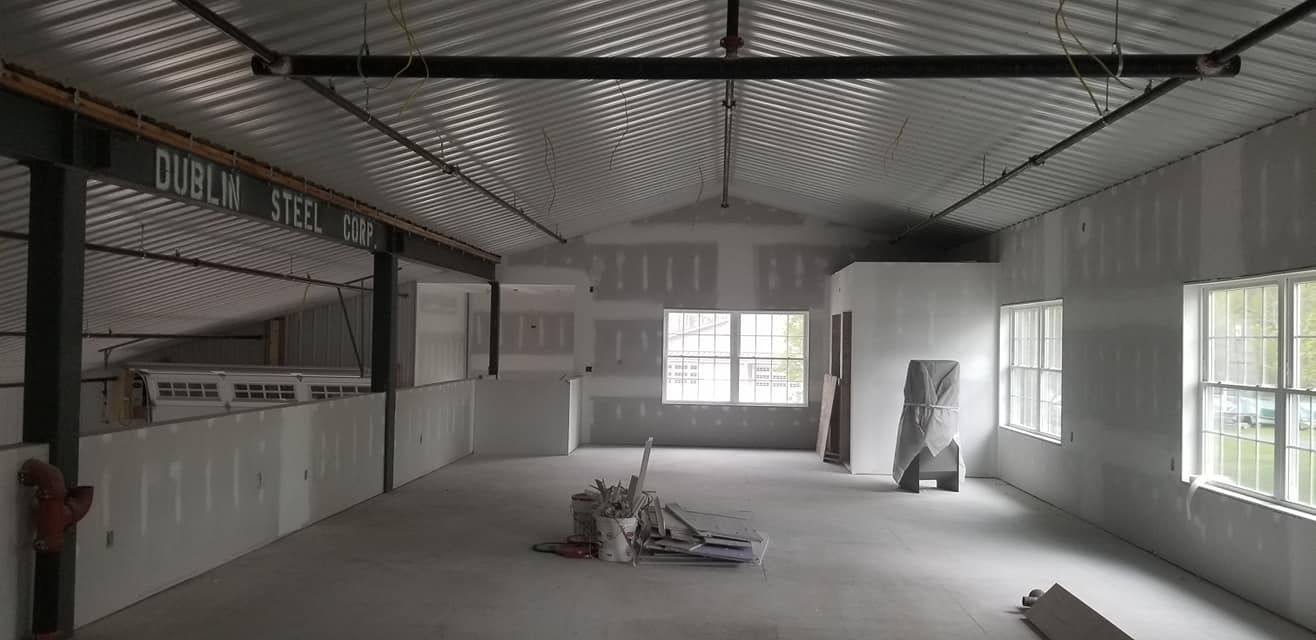
Drywall Installation Cost in 2025
Planning to install drywall this year? Whether you’re building a new space or renovating an old one, it’s important to know what to expect when it comes to cost. Prices can vary based on materials, labor, and project size. With inflation and demand affecting the market, drywall installation costs in 2025 aren’t the same as they were last year.
So, how much does drywall installation cost in 2025? On average, it costs between $1.50 to $3.50 per square foot. The total price depends on the type of drywall you choose, the complexity of the job, and whether you hire a pro or do it yourself.
In this guide, we’ll break down the costs, explain what affects pricing, and help you decide whether DIY or professional installation is the better option. By the end, you’ll know exactly what to budget for and how to save money on your project.
What Affects Drywall Installation Costs?
The cost of drywall installation isn’t just about buying drywall sheets. Several factors can change the final price, and knowing them can help you budget better.
1. Type of Drywall
Not all drywall is the same. Standard drywall is the cheapest option, but if you need moisture-resistant, fire-resistant, or soundproof drywall, expect to pay more. Specialty drywall costs more per sheet but can be worth it depending on your needs.
2. Project Size & Scope
The bigger the job, the more you’ll pay. A small repair will cost less than finishing a whole basement. New construction projects usually cost more because they require full installation, while renovations may involve extra labor for tear-out and disposal.
3. Labor Costs
Hiring a professional adds to the cost, but it ensures a quality finish. Labor rates vary by location, but expect to pay between $40 to $100 per hour for a skilled drywall installer. If your walls have high ceilings or complex designs, labor costs will be higher.
4. Additional Expenses
Drywall installation isn’t just about hanging the sheets. Taping, mudding, sanding, and painting add to the cost. You might also need to pay for permits, disposal fees, or insulation if required. These extra costs can add up fast, so it’s good to plan ahead.
Understanding these factors will help you estimate your total cost more accurately.
Drywall Installation Cost Breakdown: Materials & Labor
Now that you know what affects drywall costs, let’s break down how much you’ll actually pay for materials and labor.
1. Material Costs
The main expense in any drywall project is the drywall sheets. Prices vary depending on the type you choose:
- Standard drywall: $10–$20 per sheet (4x8 ft)
- Moisture-resistant drywall (green board): $15–$30 per sheet
- Fire-resistant drywall: $15–$40 per sheet
- Soundproof drywall: $40–$80 per sheet
Besides drywall, you’ll also need joint compound, screws, tape, and corner beads, which can add $0.30 to $0.50 per square foot to the total cost.
2. Labor Costs
Professional drywall installation includes more than just hanging the sheets. Taping, mudding, and sanding are all part of the process, and labor costs reflect that.
- Hanging drywall: $1.00–$2.50 per square foot
- Taping, mudding, and sanding: $0.50–$1.50 per square foot
- Total labor cost: $40–$100 per hour (varies by location and project difficulty)
3. Total Estimated Costs
For a typical 12x12 room (144 sq. ft.), expect to pay:
- DIY installation: $200–$500 (materials only)
- Professional installation: $600–$1,500 (materials + labor)
For larger projects, like finishing a 1,000 sq. ft. basement, costs range from $1,500 to $4,500, depending on the drywall type and labor rates.
How Much Does Drywall Installation Cost in 2025?
Drywall prices change over time due to supply chain issues, labor demand, and material costs. If you’re planning a project this year, it’s good to know how 2025 prices compare to previous years.
1. National Average Cost Per Square Foot
On average, drywall installation costs between $1.50 and $3.50 per square foot in 2025. This price includes both materials and labor. However, costs can go higher if you need specialty drywall, complex designs, or professional finishing.
2. Cost Comparison: 2024 vs. 2025
Here’s how drywall prices have changed over the past year:
- 2024 average cost: $1.30–$3.00 per sq. ft.
- 2025 average cost: $1.50–$3.50 per sq. ft.
This increase is mainly due to higher labor costs and rising material prices. If you're on a tight budget, getting multiple quotes early can help lock in a better rate before prices go up further.
3. Regional Price Differences
Drywall installation costs vary based on where you live. In cities with a higher cost of living, labor rates tend to be higher. Here’s a rough estimate:
- Low-cost areas (rural regions): $1.50–$2.50 per sq. ft.
- Mid-range areas (suburbs, small cities): $1.75–$3.00 per sq. ft.
- High-cost areas (major metro cities): $2.50–$4.00 per sq. ft.
If you live in an area where contractor demand is high, it may cost more to hire a professional.
DIY vs. Hiring a Professional: Which Saves More?
When it comes to drywall installation, you have two choices: do it yourself or hire a professional. Both options have pros and cons, and the best choice depends on your skill level, budget, and project size.
1. DIY Drywall Installation: Is It Worth It?
If you’re handy and have the right tools, DIY drywall installation can save you money. Here’s what you need to consider:
- Cost Savings – You’ll avoid labor fees, which make up a big part of the total cost.
- Control Over the Project – You can work at your own pace and make adjustments as needed.
- Skill & Experience Needed – Taping, mudding, and sanding require patience and precision.
- Time-Consuming – A pro can finish in days, while DIY could take weeks.
A basic
12x12 room might cost
$200–$500 in materials if you do it yourself. But if you make mistakes,
fixing them could cost more than hiring a pro from the start.
2. Professional Drywall Installation: Is It Worth the Extra Cost?
Hiring a contractor means less hassle and better results, especially for large or complex projects. Here’s why many homeowners choose this route:
- Faster Completion – Pros can finish a room in one to two days, while DIY could take much longer.
- Professional Finish – No visible seams, bubbles, or uneven surfaces.
- Less Waste & Mistakes – Contractors know how to measure, cut, and install efficiently.
- Higher Cost – Labor adds
$1–$2 per square foot, making the total
$600–$1,500 for a 12x12 room.
3. When Should You Hire a Pro?
- If you need a smooth, professional finish, especially in visible areas like living rooms.
- If you’re doing a big project, like a basement or whole-house drywall installation.
- If you don’t have the time, tools, or patience for drywall taping and finishing.
If you're unsure, getting a few quotes from contractors can help you decide if the cost is worth the convenience.
How to Save Money on Drywall Installation
Drywall installation can be expensive, but there are ways to cut costs without sacrificing quality. Whether you’re hiring a contractor or doing the work yourself, these strategies can help keep your project within budget.
1. Get Multiple Quotes
If you’re hiring a professional, don’t settle for the first quote. Prices can vary by contractor, so getting at least three estimates helps ensure you’re getting the best deal. Look for experienced contractors with fair pricing, and ask for a breakdown of material and labor costs.
2. Buy Materials in Bulk
If you need a large amount of drywall, buying in bulk can save money. Many suppliers offer discounts when purchasing multiple sheets at once. You can also check home improvement stores for seasonal sales or clearance deals on drywall and finishing materials.
3. Do Some Work Yourself
Even if you’re not comfortable hanging drywall, you can still save by handling some of the work. Removing old drywall, cleaning up debris, or even painting after installation can reduce labor costs. The less work the contractor has to do, the lower your final bill will be.
4. Choose Standard Drywall When Possible
Specialty drywall, like moisture-resistant or soundproof options, costs more per sheet. If your project doesn’t require it, using standard drywall can help keep costs down. Be sure to check building codes and your specific needs before making a decision.
5. Schedule During Off-Peak Seasons
Contractor rates are often lower during slow seasons. Spring and summer are busy times for construction, so scheduling your project in the fall or winter may get you a better rate. Contractors may also be more flexible with pricing when they have fewer jobs lined up.
By planning ahead and making smart choices, you can lower your drywall installation costs while still getting a high-quality result.
Conclusion
Drywall installation costs in 2025 range from $1.50 to $3.50 per square foot, depending on materials, labor, and project size. Factors like drywall type, finishing requirements, and regional labor rates can also impact the total price. While DIY installation can save money, hiring a professional ensures a faster, high-quality finish, especially for large or complex projects.
If you're looking for a trusted drywall contractor in Easthampton, Springfield, Chicopee, and the surrounding areas, Frenchie Drywall is the name to call. With years of experience, we specialize in residential and commercial drywall installation, interior painting, and drywall repairs. Whether you need a smooth finish for your home or a durable drywall setup for your business, we provide top-quality craftsmanship at competitive rates.
For professional drywall services in Easthampton, Montgomery, Northampton, South Hadley, Southampton, and Westhampton, contact Frenchie Drywall today. Get a free quote and let us bring expert precision to your drywall project.


